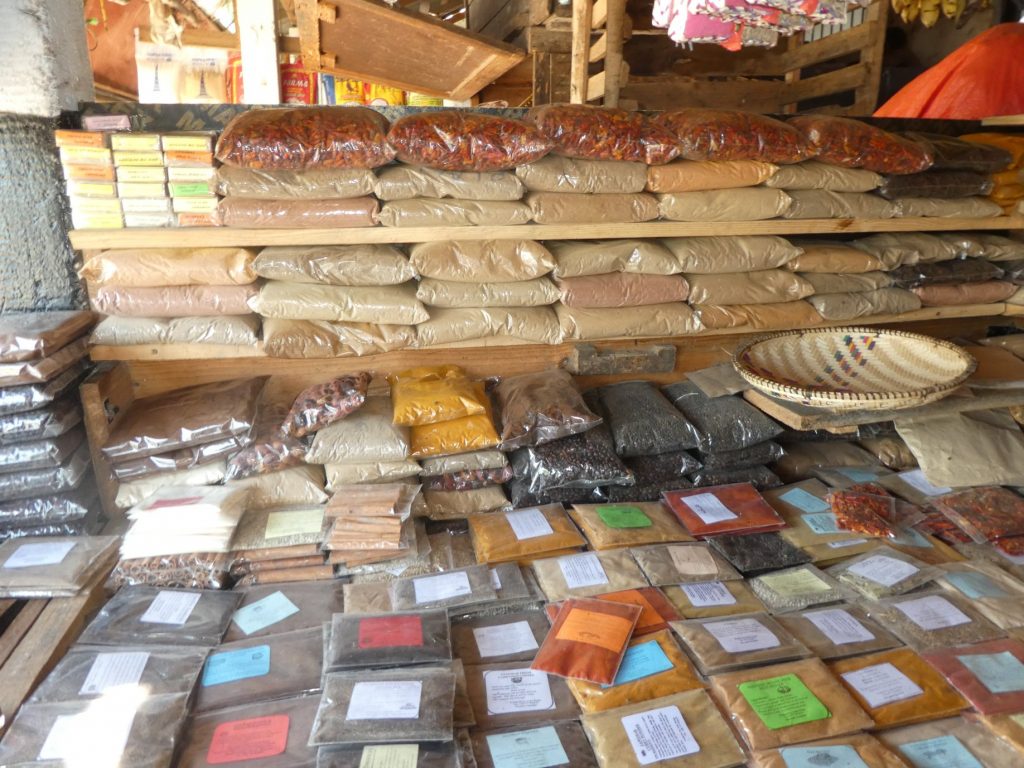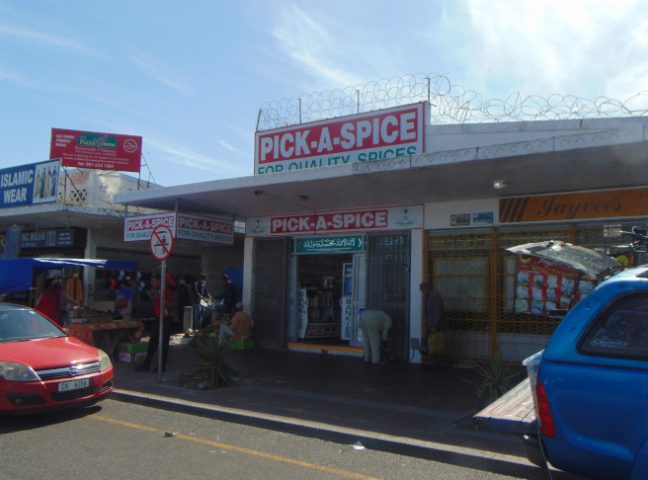
The Spice Wars (Part Two) – Empire and Colonialism Beckon
December 28, 2021
The Spice Wars (Part Four) – Before the Storm
December 29, 2021The Seeds of the Spice Wars Sprout

By Satish Sekar © Satish Sekar (December 28th 2021)
Trade and Grander Aims
The Portuguese controlled Europe’s Spice Trade in the 16th Century, but that was about to change. The arrangement to trade spices had broken down as Dutch Protestantism came into conflict with Portugal after the latter allied with Catholic Spain both politically and economically. The previous system had held for the best part of a century, but thee Dutch realised that its interests required replacing the Portuguese Spice Trade monopoly with their own.
The first expedition was thoroughly botched, even managing to kill a prince of the indigenous Banda Islanders they wanted to grant them a monopoly. It did not work and but for a saving grace, a large rise in the price of spices, it would have been an abysmal failure. It did not deliver a monopoly or even a hope of one, but it established that there were riches to be gained from spices and a monopoly over it would be a great asset. It was worth trying again but only after planning for it.
Despite the failure of the first Dutch expedition to the East Indies in 1597, the second more than made up for it and whetted appetites in the Netherlands. The timing coincided with a ramping up of the conflicts. The second Dutch expedition had been hugely profitable, so imagine the possibilities if they could set the price of trading in spices and all competitors had to do business with them on their terms. That was their long-term aim, and the indigenous people of the East Indies in particular didn’t see that the Dutch would do whatever it took to get that monopoly.
But there was a problem – a big one. The Portuguese had a huge head start. (see The Spice Wars Part Two – Empire and Colonialism Beckon at https://fittedin.org/fittedinwp/2021/12/28/the-spice-wars-part-two/) as they knew the sea-routes and had the local contacts in the trade.
Control – Greed and Monopoly
The Dutch East India Company (DEIC) was established in 1602. It became the dominant force in the Spice Trade in the Netherlands and beyond. Two years earlier the second expedition ended a great success, having earned its investors massive profits. And that was through non-monopoly trading. Dutch merchants saw the immense potential and the Dutch had learned their lessons.
If they were to succeed and maximise their profits regularly, it would not be enough to trade with the spice-producing inhabitants of the East Indies. They had to secure complete control and it did not matter to them how they achieved it. In short, the Dutch knew that the only way to enrich themselves beyond their dreams was by establishing a monopoly and use whatever means were necessary to do that.
Monopoly Control – the Consequences
Naturally, the producers of the spices knew that it was in their interests to deny any foreigners a monopoly on trade. They were aware that trading with everyone was best for them as it drove the price up. A monopoly, which the Dutch demanded, would deny them that. Despite agreements over trade from 1599, the Dutch wanted monopoly control of the Spice Trade and they didn’t care how they got it or what it cost to maintain it.
Imagine food without spices: bland, tasteless, almost inedible. Now imagine a world where spices are a treasured commodity. Whoever controls the flow of spices and access to the lucrative trade obtains untold riches. Factor in enormous greed and the seeds (pun intended) for the Spice Wars had been sown and nurtured. It would lead to brutal repression, dispossession, mass murder, enslavement, transportation and more, so it’s not so difficult to understand the causes of Spice Wars and how it affected the course of history.
The indigenous people of the Banda Islands grew the spices, especially nutmeg, which was the prized spice. Conditions had changed in the Indies too. The Banda Islanders had fallen out with the Portuguese. They saw the Dutch as protectors and wanted to work with them. The conditions to reach agreement could not be better. They reached agreement to supply the Dutch in 1599. However, that was not enough for the Dutch East India Company (DEIC) who wanted to prevent others having access to the lucrative spice. They wanted total control of the supply of spices – a monopoly – and they were prepared to kill to get it.



